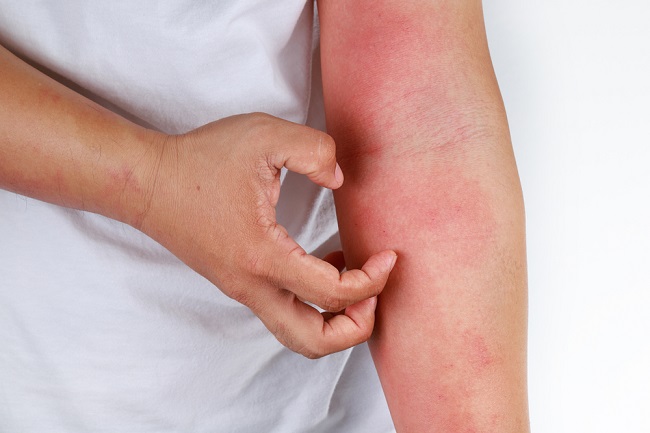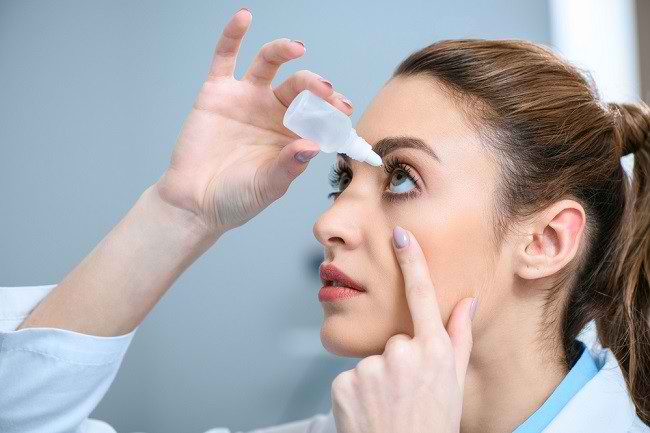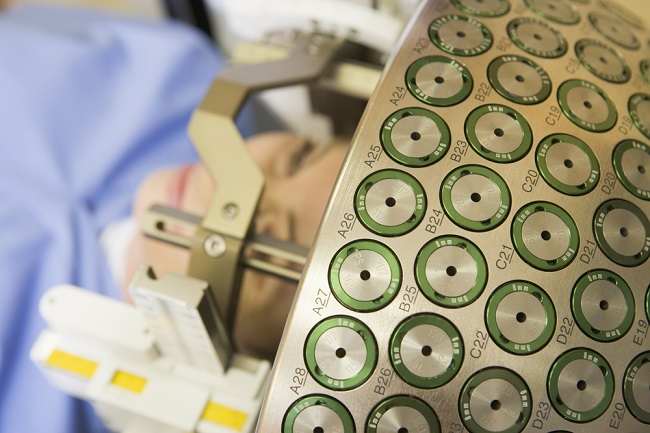Gilbert's syndrome is a type of inherited disease characterized by high levels of indirect bilirubin in the blood. Indirect bilirubin is a yellow-brown pigment formed as a result of the breakdown of red blood cells by the spleen. This condition causes the eyes and skin to turn yellow (jaundice), although the liver condition of patients with Gilbert's syndrome is normal and there is no disturbance.

Causes of Gilbert's Syndrome
Gilbert's syndrome is caused by a mutation or change in the UGT1A1 gene, the gene that controls bilirubin levels in the body. This gene conveys instructions from the brain to the liver to produce enzymes that can convert indirect bilirubin into direct bilirubin so that it can be excreted in urine and feces. In patients with Gilbert's syndrome, gene mutations cause the liver to be unable to produce this enzyme, resulting in a buildup of indirect bilirubin in the bloodstream.
The cause of the UGT1A1 gene mutation is not yet known. However, there are several things that can trigger increased levels of bilirubin in the blood, namely:
- Stress or emotional stress
- Dehydration
- Lack of food intake or too long on a low-calorie diet
- strenuous exercise
- Lack of sleep
- Suffering from an infection, such as the flu
- Postoperative recovery period
- Menstruation (in women).
Symptoms of Gilbert's Syndrome
The main symptom of Gilbert's syndrome is jaundice, which is characterized by yellow eyes and skin. In addition, there are some additional symptoms that can appear, namely:
- Nauseous
- Excessive fatigue
- Pain or discomfort in the abdomen
- Diarrhea
- Decreased appetite.
Most sufferers do not realize that they have Gilbert's syndrome because the symptoms are almost similar to other diseases. The symptoms of Gilbert's syndrome have been present since birth, but are only realized after the patient enters puberty because the bilirubin is increasing, so the symptoms that appear are increasingly clear.
Gilbert Syndrome Diagnosis
Doctors can suspect a patient has Gilbert's syndrome if there are symptoms, which are confirmed by a physical examination. However, to be sure, sometimes a follow-up examination through a blood sample needs to be done. Among others are:
- bilirubin blood test, to measure the level of bilirubin in the blood. In adults, normal bilirubin levels range from 0.3 to 1.0 mg/dL. Meanwhile, in newborns, the normal amount of bilirubin is < 5.2 mg/dL during the first 24 hours after birth.
- Liver function tests. When the liver is disturbed, the liver will release enzymes into the blood and the levels of protein produced will decrease. By measuring the levels of enzymes and proteins, doctors can detect whether there is a disturbance in liver function.
- genetic test, ie examination through DNA samples in the blood to detect possible gene mutations that cause Gilbert's syndrome.
The doctor will also perform additional diagnostic tests, such as ultrasound, CT scan, or liver biopsy, to detect possible other medical conditions that cause high levels of bilirubin in the blood. Doctors will diagnose a person as having Gilbert's syndrome if blood tests show high levels of bilirubin and no signs of liver disease are found.
Gilbert Syndrome Treatment and Prevention
Gilbert's syndrome is a mild disease that does not require special medical treatment. Sometimes, doctors can give the drug phenobarbital to help lower high levels of bilirubin in the body. Jaundice experienced by people with Gilbert's syndrome is also harmless and symptoms can go away on their own.
Gilbert's syndrome cannot be prevented because this syndrome is passed down directly from families. However, there are several steps that can be taken to prevent increased levels of bilirubin in the blood, namely:
- Adequate rest, at least 8 hours every day
- Increase fluid consumption to avoid dehydration
- Eat regularly and avoid low-calorie diets
- Practice relaxation techniques regularly, such as meditation, yoga, or listening to music
- Avoid strenuous physical exercise for a long time. Do light or moderate exercise, at least 30 minutes every day.
- Limit alcohol consumption to reduce the risk of impaired liver function.
Gilbert Syndrome Complications
Gilbert's syndrome rarely causes complications. However, people with Gilbert's syndrome are advised to always be careful when taking drugs because there is a risk of increasing the side effects of the drugs being consumed. This is due to low levels of bilirubin-processing enzymes, thus interfering with the metabolic process to clear drug content from the body. Some types of drugs that should be used with caution by people with Gilbert's syndrome, namely:
- Paracetamol
- Irinotecan, a type of chemotherapy drug in cancer treatment
- Protease inhibitor class of antivirals (protease inhibitor), which is a type of drug to treat HIV and hepatitis C.
If you suffer from Gilbert's syndrome, consult your doctor first before using any medication to prevent side effects.









